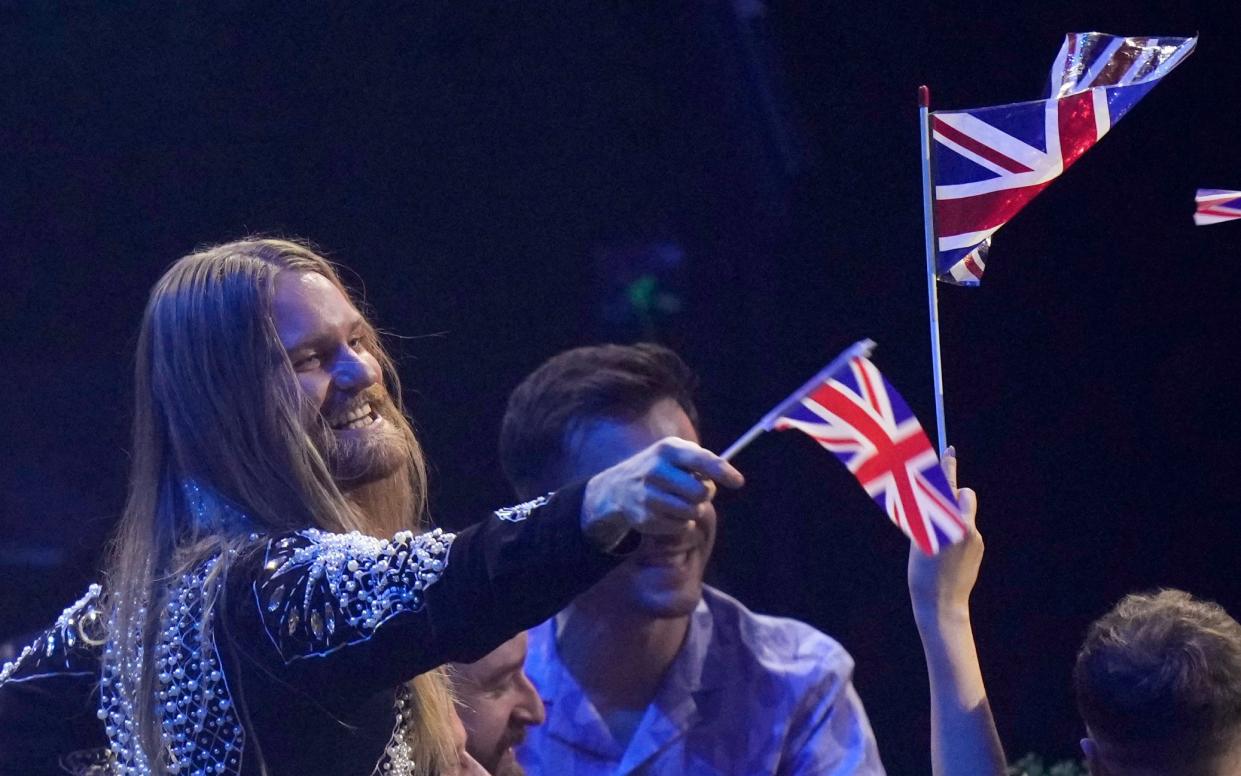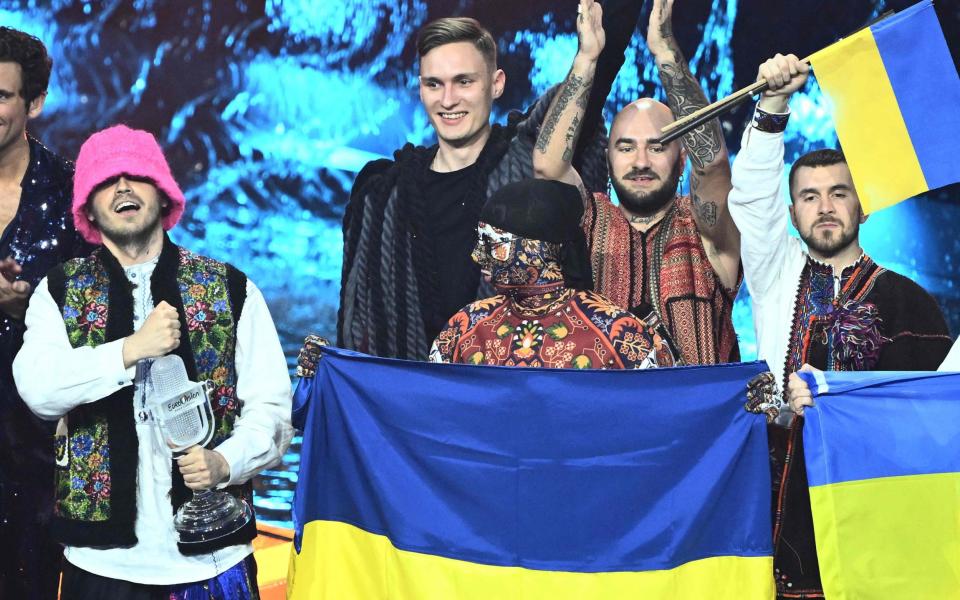BBC journalist claims UK robbed Spain of second place at Eurovision

The UK robbed Spain of second place at Eurovision because an algorithm inflated the jury vote, the BBC has claimed.
Spain was seven points behind the UK in the final results for the contest, with 459 and 466 points respectively, while Ukraine finished in first position with 631 points.
However, a pact between six countries to vote for each other in the semi-finals of the contest led to organisers scrapping their jury votes and employing an algorithm instead.
It has now been claimed that if this algorithm had not been employed and the original "irregular" voting had fallen under the radar, Spain would have taken second place with artist Chanel singing SloMo.

The row comes after the UK found itself in an unusually successful position on the Eurovision results board. Sam Ryder's song, Space Man, was hailed the best song the UK has taken to the contest in years.
Jury votes from each country are added to votes from the public to reach a total score.
The UK received 283 jury votes and Spain won 231. However, Spain received 228 public votes, while the UK won 183. This has added fuel to the debate on whether the algorithm for the jury votes made a significant difference to the final result.
Charlotte McDonald, a BBC producer and Eurovision reporter, said on BBC Radio 4's More or Less programme: "If I was Spanish, I would certainly be claiming that Spain beat the UK. I think it would have been a really big scandal if Ukraine hadn't blown everyone away with an extraordinary audience vote."

During the programme, it was said that Azerbaijan, Georgia, Montenegro, Poland, Romania and San Marino had their jury votes voided, and that scores were then handed out based on averages from countries deemed to have similar tastes.
Azerbaijan and Georgia, for example, were assigned points based on an average of scores from Armenia, Ukraine and Israel - countries deemed to have similar tastes to Azerbaijan and Georgia.
This led to the UK receiving 12 jury points from both countries, and Spain receiving only five from each country.
Another example given is Romania. If the irregular voting in the country had flown under the radar, the country would have given the UK no points and would have given five to Spain.
However, the algorithm gave the UK eight points and Spain only one. This gave the UK a potentially unreliable seven-point lead on Spain in Romania alone, it is argued.
John Redwood, the Conservative MP, told The Telegraph that it was typical for the BBC to take an anti-UK and pro-EU stance, and to publicise "dishonest EU spin".
The BBC declined to provide an official comment. However, the broadcaster pointed out that Ms McDonald also said that because the full figures have not been published by Eurovision organisers, it is not known for certain if the absence of the algorithm would have led to Spain taking second place.


